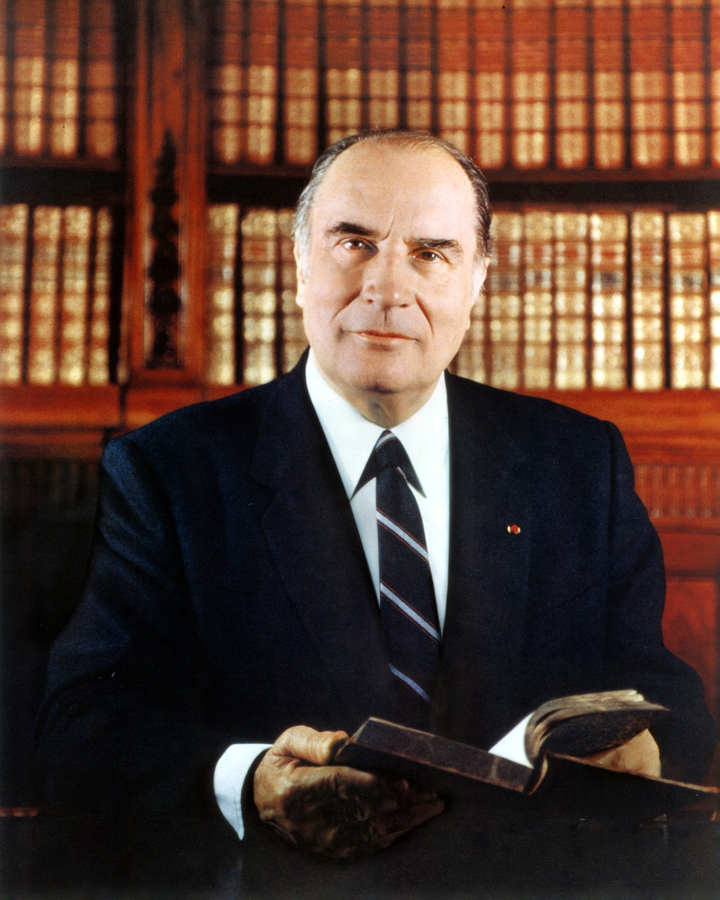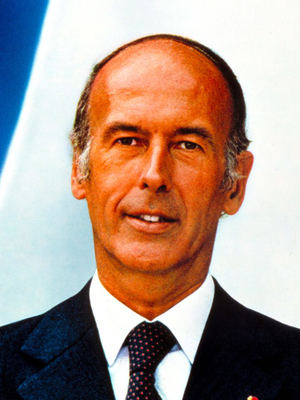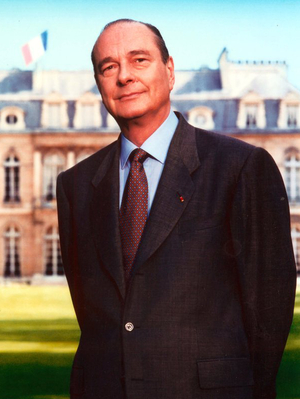
© La Documentation française. Photo Gisèle Freund
26 November 1916
François Mitterrand was born in Jarnac.
September 1939
He was drafting while completing his studies in Paris. Mentioned in dispatches three times, he was wounded and taken prisoner.
December 1941
He managed to escape while being transferred to a deportation camp.
1943
Upon his return to France, he joined the Resistance, where he organized and oversaw all the resistance movements of war prisoners.
August 1944
He participated in the short-lived Government of Secretaries-General which General de Gaulle put in charge of the national territory until the Provisional Government of the French Republic was established in Paris.
November 1946
He was elected Deputy for the Department of Nièvre.
1947-1948
He served as Minister of Veterans and War Victims.
1950-1951
He was Minister of Overseas France.
As a firm supporter of decolonization, he ended the tensions that threatened the cohesion of several territories and forged personal and lasting ties with African leaders.
June-September 1953
He served as Minister of State for the Council of Europe.
He resigned after the Sultan of Morocco was overthrown.
1954-1955
He served as Minister of the Interior in the Government of Mendès-France.
1956
He served as Justice Minister in the Government of Guy Mollet.
It was his last ministerial position. He declined further positions in the last Governments of the Fourth Republic because he disapproved of the policy on Algeria.
1958
François Mitterrand denounced the “coup d’état” that brought General de Gaulle to power and took a stance against the institutions of the Fifth Republic. He lost his seat as Deputy, which he recovered in 1962 after a brief time in the Senate.
1959
He was elected Mayor of Château-Chinon.
1964
He was elected President of the Nièvre Departmental Council.
1965
He was the only leftist candidate to run for president and forced General de Gaulle to stand again in a second ballot, of which he received 45% of the votes.
1971
The Socialist Party was reformed at the Epinay Congress.
1974
He was beaten by a very small margin in president elections by Valéry Giscard d’Estaing.
1981
He won the presidential elections against the incumbent.
1988
He was re-elected President of the Republic.
His two seven-year terms were marked by a set of social measures, the extension and reinforcement of local freedoms and freedom of speech, the updating of the Criminal Code, the abolition of the death penalty and major projects, including the Arche de la Defénse, the Grand Louvre and the Bibiliothèque Nationale, which bears his name.
He experienced two periods of political cohabitation (1986-1988 and 1993-1995).
25 June 1992
Constitutional acts were passed, which validate the integration of France into the European Union.
8 January 1996
He died in Paris.
François Mitterrand, une vie en politique | Archive INA
Inauguration of the presidents of the Republic

also available
Presidents' biographiesUpdated : 14 December 2022

